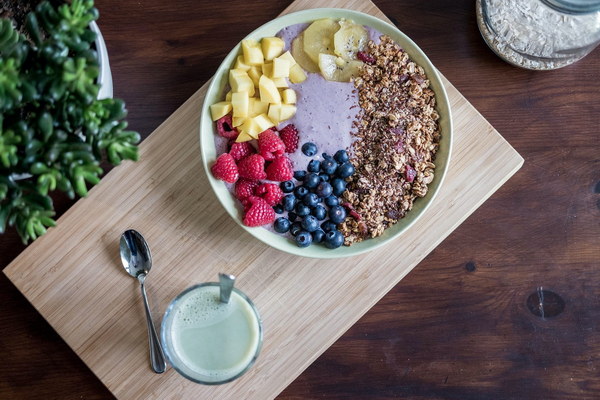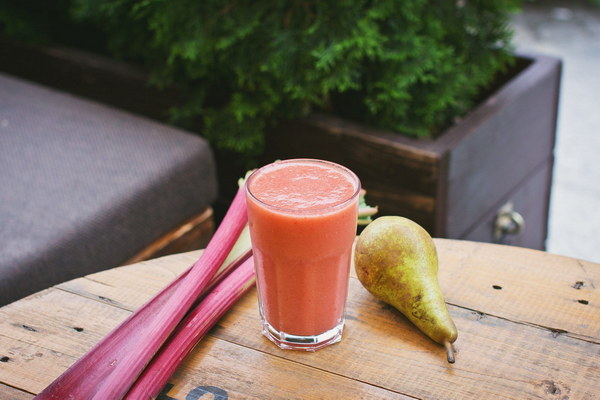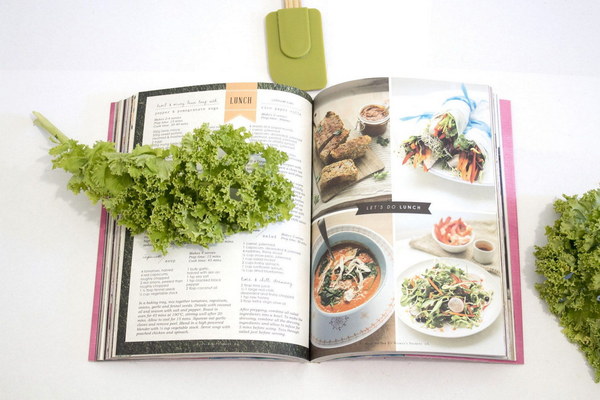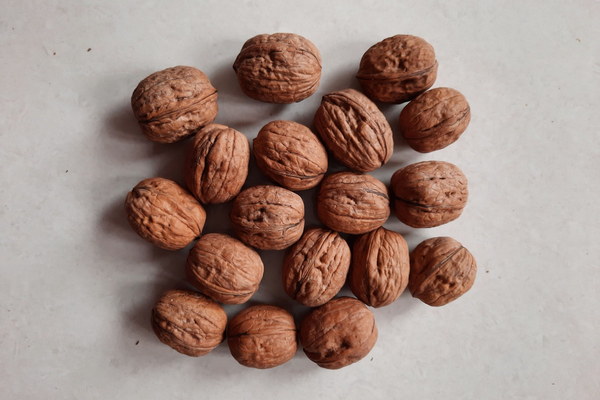Nourishing Herbal Cuisine A Culinary Journey to Health and Vitality
In the realm of traditional medicine, the fusion of culinary art and natural remedies has been a time-honored practice. Nourishing herbal cuisine, also known as medicinal or therapeutic cuisine, is a culinary tradition that incorporates herbs and spices with healing properties into everyday meals. This article explores the wonders of nourishing herbal cuisine, its benefits, and how it can enhance both health and vitality.
Understanding Nourishing Herbal Cuisine

Nourishing herbal cuisine is rooted in the belief that certain foods and herbs possess medicinal properties that can prevent and treat various ailments. By utilizing these natural ingredients, this culinary approach aims to restore balance to the body, mind, and spirit. Unlike conventional medicine, nourishing herbal cuisine focuses on long-term health and wellness through diet.
Herbal Ingredients: A Potent Mix
The heart of nourishing herbal cuisine lies in its selection of herbal ingredients. These natural remedies come in various forms, such as fresh herbs, dried spices, roots, and berries. Some popular examples include:
- Ginseng: Known for its immune-boosting properties, ginseng is a staple in many traditional Asian cuisines.
- Goji Berries: These superfoods are rich in antioxidants, vitamins, and minerals, promoting longevity and vitality.
- Turmeric: This golden spice has anti-inflammatory properties and is commonly used in Indian and Middle Eastern dishes.
- Licorice Root: Known for its soothing effect on the throat and respiratory system, licorice root is often found in teas and cough syrups.
Benefits of Nourishing Herbal Cuisine
1. Boosts Immunity: Herbs like echinacea and garlic are known for their immune-boosting properties, helping to ward off infections and illnesses.
2. Promotes Digestion: Ingredients such as ginger and fennel can aid in digestion, relieve bloating, and prevent constipation.
3. Reduces Inflammation: Herbs like turmeric and rosemary have anti-inflammatory properties that can help alleviate pain and discomfort associated with various conditions.
4. Improves Mental Health: Herbs such as chamomile and valerian root are known for their calming effects, promoting relaxation and sleep.
5. Enhances Longevity: Ingredients like goji berries and ginseng are believed to have longevity-enhancing properties, supporting overall health and vitality.
Creating Your Nourishing Herbal Cuisine
To incorporate nourishing herbal cuisine into your diet, start by exploring local markets and health stores for fresh and dried herbs. Here are some simple recipes to get you started:
1. Ginseng Tea: Brew a pot of ginseng tea for a warm, invigorating drink that boosts energy and immune function.
2. Goji Berry Smoothie: Blend goji berries with your favorite fruits, nuts, and yogurt for a nutritious and antioxidant-rich smoothie.
3. Turmeric Rice: Add a pinch of turmeric to your rice dishes for a vibrant, anti-inflammatory twist.
4. Licorice Throat Coat: Brew licorice root tea for a soothing drink that can help alleviate sore throats and respiratory issues.
Conclusion
Nourishing herbal cuisine is a powerful tool for enhancing health and vitality. By incorporating these natural remedies into your diet, you can enjoy the benefits of traditional medicine through the culinary arts. So why not embark on a flavorful journey to wellness and discover the magic of nourishing herbal cuisine?









